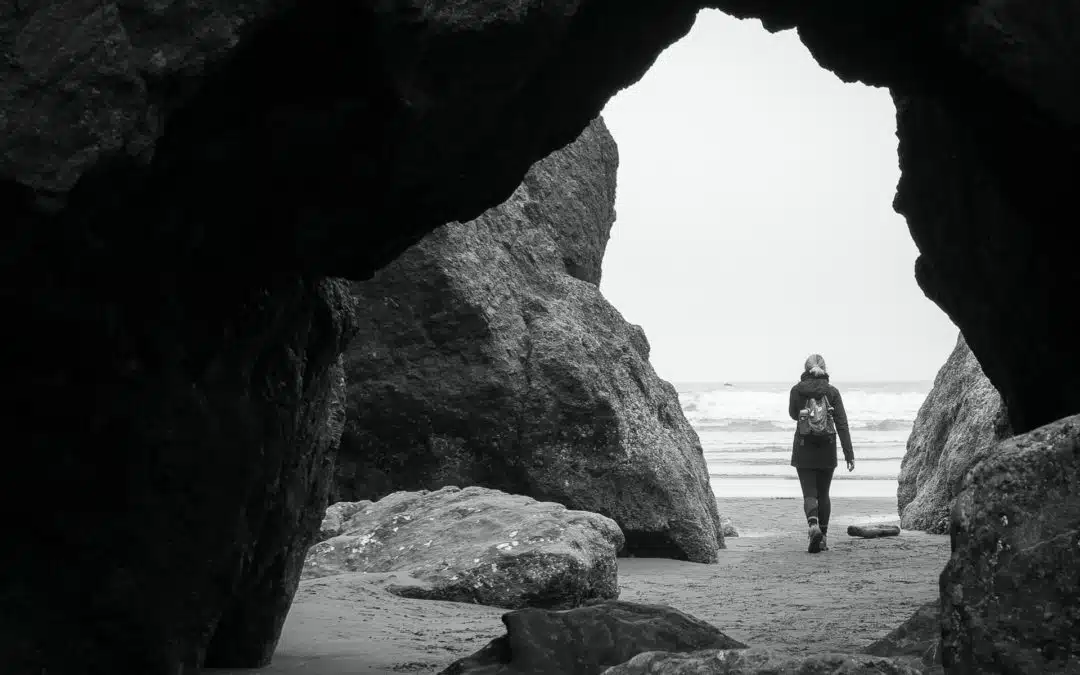I have always struggled to find “my tribe.” For most of my life, the people I’ve considered my best friends were very different than who I was at my core. I joined Buddhist meditation communities, went on yoga retreats around the world, joined hiking groups, and embraced solo travel, but I always struggled to feel like I fit in or belonged in any group.
I’ve recently moved back to Ubud, Bali, fulfilling my dream to live and work here. After about a week of catching up with the handful of people I already knew, I settled in to spending a great deal of my time by myself. I found myself up close and personal with a familiar wound—the “nobody likes me, everybody hates me, I think I’ll go eat worms” wound. I began to feel a sense of shame and unworthiness as I remained on the periphery of several well-established “cliques.” I noticed an all too familiar thought creeping in as I began to judge each of these groups as “not my people.” This was followed by a surfacing feeling of rejection and isolation.
Thanks to the mindfulness practices I’ve cultivated over the years, I was able pause as I was feeling these things and recognize this as one of my patterns. I started to slow down and examine. I woke up from this familiar trance and, rather quickly, experienced a profound shift in consciousness. I realized that I am in Bali, I am about to turn 38 years old, and nobody is keeping track of or cares at all about how I spend my time.
I am free.
I am no longer in my self-conscious middle school years, where the groups I belonged to or the number of friends I had felt like life or death. I can do as I truly want and I no longer have to act for the approval of others.
Interestingly enough, when I let go of the need to find “my tribe” and having to fit in, I have somehow finally found my people. This letting go takes time and practice, however, but the rewards are simply amazing. I’d love to share some of the tools that helped me get here, in the hopes that they’ll help you on your journey as well.
-
- Release the need for approval from other people. While we humans are indeed social animals, embracing the moments we spend alone builds strength and resilience. Try this tonglen practice to help ride the waves of loneliness as they come up—you might just notice a new sense of empowerment when you come out the other side.
- Share your truth when you do connect with other people. Choose to act in the opposite direction of your urges to appear happy or perfect. Try sharing what is really going on with you, even if it feels very vulnerable. People can relate to the sentiments, “I feel like an outcast” or “I’m having trouble spending so much time alone.” The suffering is in the hiding, and speaking your truth could lead to richer and more satisfying relationships.
- Practice self-compassion toward feelings of shame, unworthiness, and loneliness. You might experiment with the practice of RAIN – recognize, allow, investigate and nurture with kindness. This practice can help us nurture our wounded and often abandoned parts with wise, kind and caring attention.
I spent much of my life seeking approval from others and struggling to not feel rejected or different. Now, I also work with my clients on coping with these same emotions. When we release our need for external validation, connect more closely with our true selves, we learn to actually find happiness on our own. In doing this, the relationships we do have with others actually become deeper and more inspiring.


